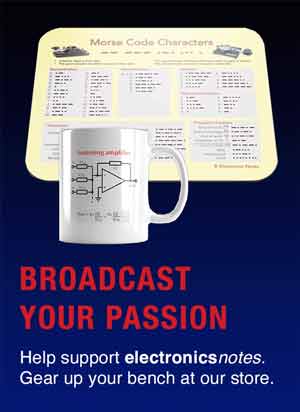Long term Career Plans & Goals
Long term career goals and plans are one of the most important elements in career planning as they set the overall direction.
Career Information Includes:
How to plan your career
Developing a positive attitude
Short & long term goals and vision
How to get promoted when working from home
The long term career goals and aims are often difficult to determine. Where do you want to be in 20 years time, what are my values, what do I enjoy doing in may career. All these questions and more need to be answered to help set out the long term goals and targets.
Long term career planning normally looks at periods of five, ten years or more- what are you ultimate goals, where do you want to get to and the like.
Although this may seem like a long time, it gives an overall sense of direction to your career.
Career core values
Long term career goals also tend to be generic in nature. It can include the core values of your career: what you enjoy; what areas of electronics you want to be central to your career, level within a company you want to achieve (e.g. time for family, enjoyment of electronics, aim to be a manager . . . ).
Although the core values can be difficult to define, and this may take some time, it is nevertheless important. Once these are determined it gives a lot of structure to your thoughts.
Training and skills required for career
Once the core values and key aims have been defined, it is necessary to have a reasoned and balanced view of yourself. Asking friends, mentors and family to help see where your strengths and weaknesses are.
Looking at where you want your career path to take you, it is then necessary to determine any skills, and hence training that you may need for your desired career path.
The training may involve one or more of a variety of aspects:
- Additional degrees, etc (Bachelor’s degree, Masters degree, MBA, etc . . . .
- Additional experience e.g. employment in a particular area, etc. . .
- Training for new skills, e.g. management training, possibly in key areas like managing difficult situations, running meetings, appraisals, etc. . . .
Whilst it is good to set in place a direction for your career, remember to be flexible. Re-evaluate your long term goals regularly because life changes and aims vary according to personal circumstances. You may also find out you like some areas of work more than others. Flexibility and re-evaluation are two key areas of developing a long term career strategy.
 Written by Ian Poole .
Written by Ian Poole .
Experienced electronics engineer and author.
More about becoming an engineer:
Career planning
Continuing professional development, CPD
What is electronic engineering?
Job application
PI Insurance
How to work from home
How to set up your own business
Return to Becoming an Engineer . . .




